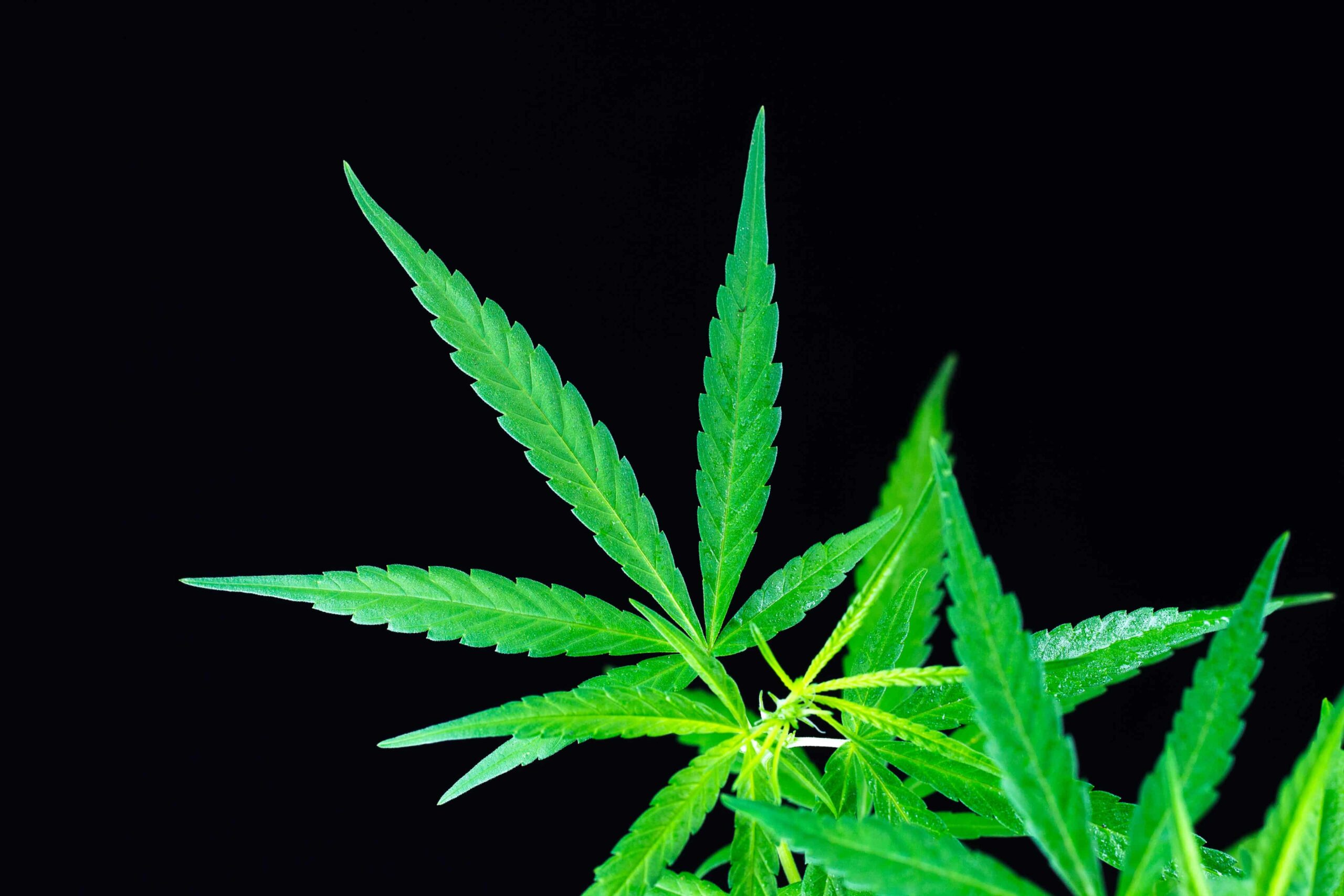
DEA issues new rules for synthetic cannabinoids
The Drug Enforcement Administration (DEA) recently announced at the 2023 Supply Chain Conference in Houston, Texas that it will soon unveil new rules for synthetic cannabinoids.
Terrance Boos, DEA’s chief of drug and chemical evaluation, spoke about emerging trends at the May 4 conference. Boos confirmed that the DEA has received “multiple petitions” about synthetic cannabinoids and that they are currently working on revising their rules to comply with U.S. Department of Health and Human Services (HHS) recommendations.
Boos’ PowerPoint presentation covered a wide range of topics, from modifications to drug planning, counterfeit pill operations and drug trafficking on the internet. A section was dedicated to the “Decade of Response to the Harm” and looked at the development of designer drugs such as spices/bath salts, synthetic opioids, designer benzodiazepines and synthetic cannabinoids “CBD to Delta-8 THC”.
Boos noted that the “proposed rule treats synthetic CBD with <0.1% delta-9-THC the same as AIA." [agriculture improvement act] Excepted Material,” which may indicate plans to phase out synthetic CBD.
The presentation also covered a brief history of Delta-8 THC, including where it came from, how it was made, states that have banned or regulated it, and data showing the rise of Delta-8 products in 2021 and 2021 occupy 2022. Boos explained that while most delta-8 THC products are made through a chemical process that converts CBD to delta-8 THC, delta-8 THC naturally occurs in cannabis in very limited amounts. “The act of taking this substance in any step of the synthesis now puts it back under control [controlled substances act]’ Boos said.
Boos confirmed that the new rules, which have not been publicly disclosed, could change how hemp-derived cannabinoids are classified.
According to a brief analysis by Vicente LLP, the new rules could come into effect soon. “It is important that companies continue to address current federal planning activities related to marijuana and hemp, which will impact the legality of cannabis products,” Vicente LLP wrote on its website. “The FDA and DEA are currently poised to reform the marijuana and hemp regulations, and key Congressional legislation such as the 2023 Farm Bill could also change the legal classification of certain cannabis products.”
“We anticipate that the DEA will review the HHS’s recommendation, develop its own analysis, and ultimately publish a proposed rule to pursue the FDA’s recommendation in the federal registry,” Vicente LLP wrote on its website. “At that point there will be a public comment period and an opportunity for interested parties to request on-file hearings. We assume that the proposed regulation will appear in the Federal Register in autumn.”
In February, the DEA released a letter stating that Delta-9-THCO and Delta-8-THCO are not hemp but are considered controlled substances. “Delta-9-THCO and delta-8-THCO do not occur naturally in the cannabis plant and can only be obtained synthetically and therefore do not fall within the definition of hemp,” Boos wrote in the letter.
Last October, the Food and Drug Administration (FDA) hosted a webinar entitled “Understanding the FDA’s approach to cannabis science, policy and regulation.” During the discussion, FDA Deputy Chief Commissioner Janet Woodcock explained that the FDA administers “the scientific and medical evaluation” for cannabis using information provided by the National Institute on Drug Abuse (NIDA). “We are diligently working to review the classification of marijuana under the Controlled Substance Act and what flexibilities we might have here,” Woodcock said. “This is a very high priority that the secretary of HHS is very interested in. We work closely with our partners at NIDA and also with the Assistant Secretary [HHS].”
However, Woodcock confirmed that the DEA has “the final say” on substance classification decisions. She added that this limitation makes it “very, very difficult” to study cannabis based on the protocols currently in place.

Post a comment: